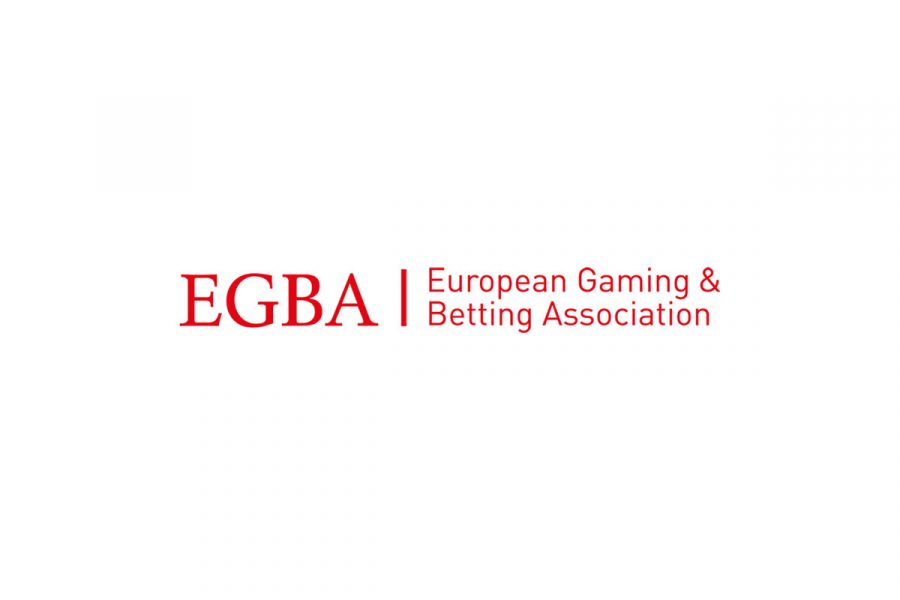EGBA raises concerns over Irish ban on free bets

The EGBA has welcomed the news that Ireland will finally create a dedicated gambling regulator but voiced concerns about a proposed ban on free bets.
Belgium.- The online gambling association, the European Gaming and Betting Association (EGBA), has welcomed the news that Ireland will create a new dedicated gambling regulator, the Gambling Regulatory Authority of Ireland. However, it has concerns about plans to implement a blanket ban on free bets.
The new Irish gambling bill was announced last week by minister of state for law reform, youth justice and immigration, James Browne TD. It will create the first dedicated Irish gambling regulator. However, it also proposes new player protection measures, including a ban on free bets and on credit card gambling.
The latter measure is something that Flutter and later the Irish Bookmakers’ Association (IBA) have already preempted with their own decisions to stop accepting credit cards. However, the industry is concerned about the ban on free bets.
EGBA praised the bill overall but said the ban on free bets could push customers that use them to unlicensed gambling sites.
EGBA secretary general Maarten Haijer said: “We welcome the Irish government’s publication of the General Scheme of the Gambling Regulation Bill; this is an important milestone, and it provides companies, including our own members, with some certainty as to the direction of travel of the legislation.
“The EGBA looks forward to engaging with Minister Browne and his team to share our experiences from other European jurisdictions.
“With Ireland one of the two remaining countries in Europe which has no dedicated regulation of online gambling, this is an important opportunity to shape an Irish online gambling market which is well-regulated, meets the consumers’ needs and expectations, and sets a high level of consumer protection.”
The bill has been submitted to the Office of Parliamentary Counsel for drafting and to the Oireachtas Committee on Justice for review. The legislative process is expected to take 12 months.











